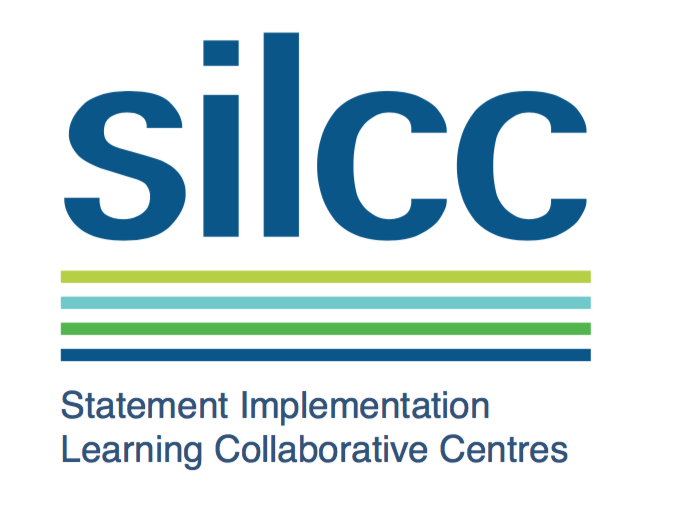EU Monitor – Seeking engagement on health by newly elected MEPs!
The EAHP EU Monitor is a regular round up of news relevant to hospital pharmacy in Europe.
You can subscribe to receive the EAHP EU Monitor by email HERE.
EAHP’s health priorities for the next European Parliament

At the end of May, European Union citizens cast their vote to select the new members of the European Parliament who will take office for the next five years. Prior to the European Parliament elections, the European Association of Hospital Pharmacists (EAHP) released its health priorities aiming at achieving better patient outcomes with the help of hospital pharmacists.
Hospital pharmacists are the healthcare professionals responsible for ensuring timely and equal access of patients to safe medication and high-quality pharmaceutical care in the hospital sector. As key stakeholders in medication management, they are equipped with unique skills that are crucial in complex hospital settings, thus bringing value to healthcare teams and ensuring the best patient treatment.
The health priorities shared by EAHP are focusing on three key areas, namely
- Addressing medicines shortages;
- Tackling antimicrobial resistance; and,
- Investing into the future of healthcare.
In light of the findings of the Association’s 2018 Medicines Shortages Survey, EAHP calls for more international co-operation supported by a comprehensive communication system to address the growing problem of medicines shortages in European hospitals. Only the collaboration between all involved actors can ensure that the issues caused by medicines shortages are adequately tackled. Antimicrobial resistance, like medicines shortages, can also only be lowered through multi-stakeholder engagement. Consequently, EAHP is asking MEPs to advocate for a stronger uptake of antimicrobial stewardship teams at national levels since evidence has shown that such teams positively contribute to lowering growing resistance levels in European hospitals. Accessibility and affordability are key concerns of patients. Keeping healthcare high on the EU’s agenda will not only ensure that these concerns are addressed but also allow for the increase of coordination and communication in healthcare at EU level. Therefore, MEPs should continue their efforts to engage in health-related topics over the next five years.
Read more about EAHP’s health priorities HERE
Further action needed to drive forward implementation of the EU Cross-border Healthcare Directive
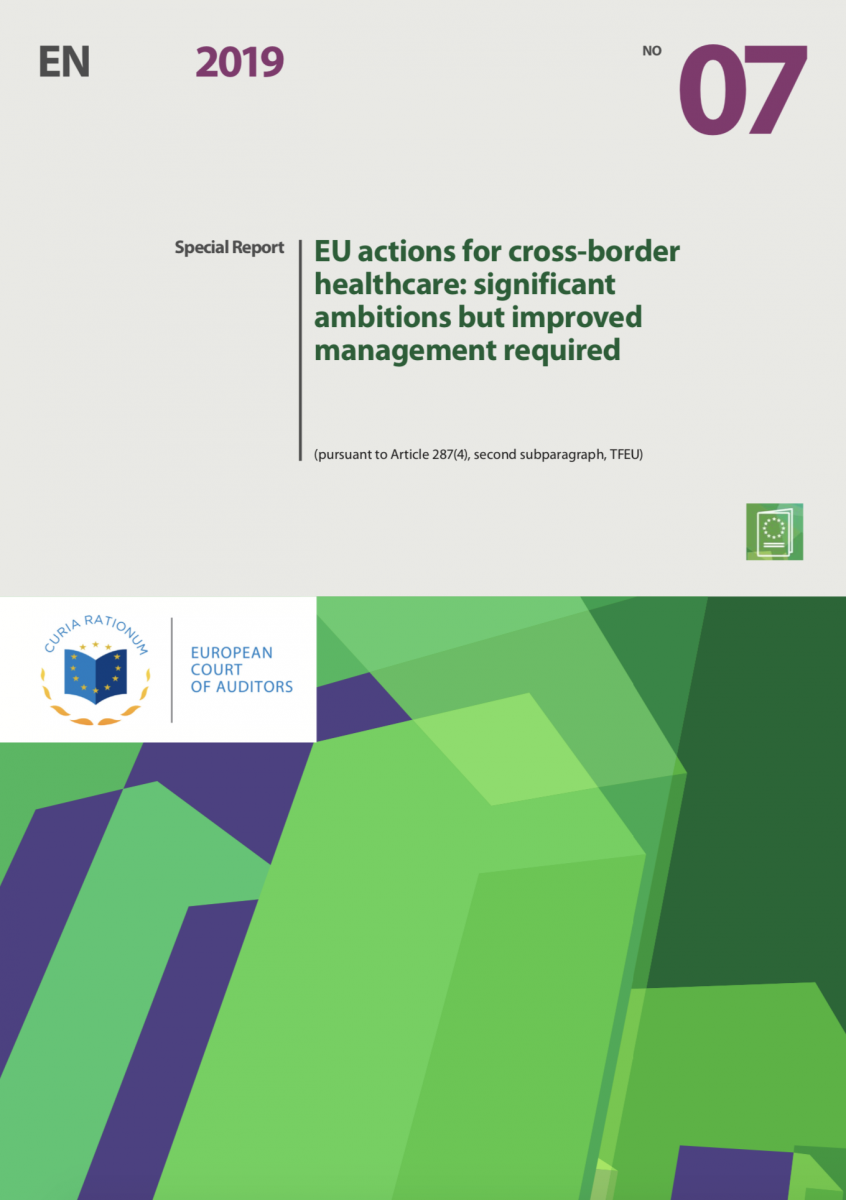
In early June, the European Court of Auditors released a report touching on the implementation of the EU Cross-border Healthcare Directive, including the monitoring and the support provided by the European Commission. Overall, the court concluded that the European Commission had underestimated the complexity of the project since only two Member States are currently exchanging health data, several years after the entry into force of the Directive.
In its report the Court of Auditors analysed how the European Commission assisted with the implementation of the Directive, how the activities of the European Reference Networks (ERNs) are progressing and how electronic health infrastructures are developing. Given a number of shortcomings, the report issued by the Court of Auditors asks for
- the provision of further support for the national contact points to enhance information sharing on patients’ rights to cross-border healthcare;
- improved preparation for cross-border exchanges of health data; as well as,
- additional support for and management of ERNs.
The EU Cross-border Healthcare Directive was adopted in 2011 and implemented by Member States in 2013 with the aim to strengthen patients’ rights to access safe and high-quality healthcare across national borders within the EU. In addition, the Directive seeks to establish national contact points, closer cooperation between Member States on eHealth and ERNs to facilitate the access of rare disease patients to healthcare.
Read the report of the Court of Auditors HERE
Health recommendations proposed by the Commission
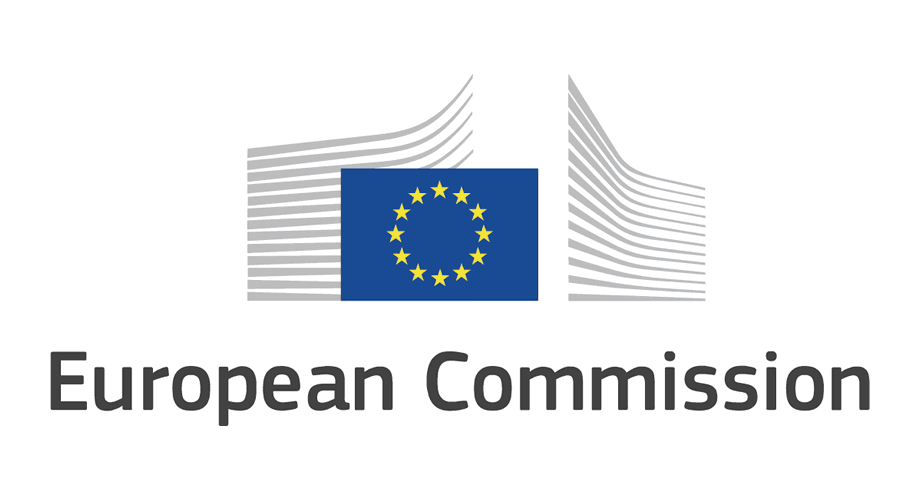
In relation to its European Semester spring package, the European Commission released health recommendations for Member States earlier this month. In particular expenditures relating to the ageing population have been addressed in the European Commission’s proposal. 16 Members States, including Austria, Bulgaria, Cyprus, Czechia, Finland, Greece, Hungary, Ireland, Latvia, Lithuania, Malta, Poland, Portugal, Romania, Slovenia and Slovakia have been asked to continue their national investments in order to improve effectiveness, increase accessibility and strengthen the resilience of their healthcare systems.
Recommendations touch on a wide range of topics, including but not limited to the shortage of healthcare workers, out of pocket payments, accessibility and the overall sustainability of the healthcare system. The country-specific propositions of the European Commission will now be discussed in the Council. Member States will have until early July to vote on the final adoption of the recommendations. Following their approval, their implementation will be monitored.
Access all country specific recommendations HERE
Updates from the European Medicines Agency
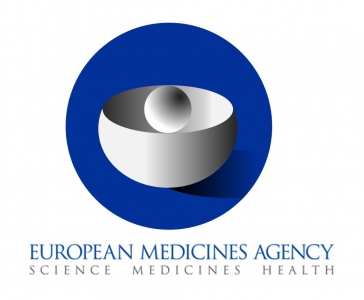
In late May and early June, the European Medicines Agency (EMA) issued updates on the withdrawal of the marketing authorisations for fenspiride medicines, restrictions in use of Xeljanz as well as the effectiveness of medicines containing methocarbamol and paracetamol.
Withdrawal of marketing authorisations for fenspiride medicines
EMA’s safety committee (PRAC) has recommended that the marketing authorisations for fenspiride medicines be revoked, so the medicines can no longer be marketed in the EU. This follows a review that has confirmed that these cough medicines could cause heart rhythm problems. The PRAC considered all the available evidence in its review. This included cases of QT prolongation and torsades de pointes (abnormalities of the heart’s electrical activity that may lead to heart rhythm disturbances) in patients using these medicines, results of laboratory studies, data from published literature and stakeholder input.
Heart rhythm problems can be serious and occur suddenly, and it is not feasible to identify in advance the patients who may be at risk of these problems with fenspiride. In contrast, fenspiride medicines are used to treat non-serious cough. Therefore, the PRAC considered that these medicines should no longer be marketed.
The PRAC recommendation will now be sent to the Co-ordination Group for Mutual Recognition and Decentralised Procedures – Human (CMDh) to make a decision about its implementation. The CMDh is a body representing EU Member States as well as Iceland, Liechtenstein and Norway.
Further information is available here
On 16 May 2019, EMA’s safety committee (PRAC) recommended that the marketing authorisations for fenspiride medicines be revoked, so the medicines can no longer be marketed in the EU. This follows a review that confirmed that these cough medicines could cause heart rhythm problems. The PRAC considered all the available evidence in its review. This included cases of QT prolongation and torsades de pointes (abnormalities of the heart’s electrical activity that may lead to heart rhythm disturbances) in patients using these medicines, results of laboratory studies, data from published literature and stakeholder input.
Heart rhythm problems can be serious and occur suddenly, and it is not feasible to identify in advance the patients who may be at risk of these problems with fenspiride. In contrast, fenspiride medicines are used to treat non-serious cough. Therefore, the PRAC considered that these medicines should no longer be marketed.
The PRAC recommendation was adopted by the CMDh by consensus and will be implemented directly at national level.
Further information is available here
Restrictions in use of Xeljanz while EMA reviews risk of blood clots in lungs
EMA’s safety committee (PRAC) is recommending that doctors must not prescribe the 10 mg twice daily dose of Xeljanz (tofacitinib) in patients who are at high risk of blood clots in the lungs. These include patients who have heart failure, cancer, inherited blood clotting disorders or a history of blood clots, as well as patients who take combined hormonal contraceptives, are receiving hormone replacement therapy or are undergoing major surgery. In addition, doctors should consider other factors that may increase the risk of blood clots in the lungs including age, obesity, smoking or immobilisation. Xeljanz is currently authorised for the treatment of rheumatoid arthritis, psoriatic arthritis and severe ulcerative colitis.
The PRAC’s recommendation follows results from an ongoing study in patients with rheumatoid arthritis. This study showed an increased risk of blood clots in the lungs and death when the 10 mg twice daily dose was used, which is double the recommended dose for rheumatoid arthritis.
The new advice means that, since 10 mg is the only recommended starting dose for ulcerative colitis, patients with this condition who are at high risk of blood clots must not be started on Xeljanz. Patients at high risk currently taking this dose for any condition must be switched to alternative treatments. Patients should not stop or change their dose of Xeljanz without talking to their doctor. They should seek medical attention immediately if they experience symptoms such as difficulty breathing, pain in the chest or upper back and coughing up blood, which could indicate the presence of a blood clot in the lungs.
The new recommendations are temporary and follow previous PRAC advice not to exceed the recommended 5 mg twice daily dose when treating rheumatoid arthritis. The PRAC will now carry out a review of all available evidence, and updated guidance will be provided to patients and healthcare professionals once the review is concluded.
Further information is available here
EMA begins review of the effectiveness of medicines containing methocarbamol and paracetamol
EMA has started a review of the effectiveness of medicines containing a combination of methocarbamol and paracetamol for the treatment of painful muscle spasms. The review is being carried out at the request of the German medicines agency, BfArM, which has been asked to evaluate a marketing application for a generic medicine based on Robaxisal compuesto, a medicine authorised in Spain for painful muscle spasms associated with various short-term muscle disorders, such as low back pain.
Robaxisal compuesto, which has been authorised for many years, contains methocarbamol, a medicine that reduces muscle spasm and paracetamol, which is a painkiller. However, more recent evidence suggests that these two substances, in the doses in which they are combined in the medicine, might not be effective in the conditions such as low back pain for which it is currently used. Therefore the German agency has asked EMA to review the effectiveness of the combination.
Further information is available here
EJHP: Review of studies examining microbial contamination of vials used for preparations done with closed-system drug transfer devices
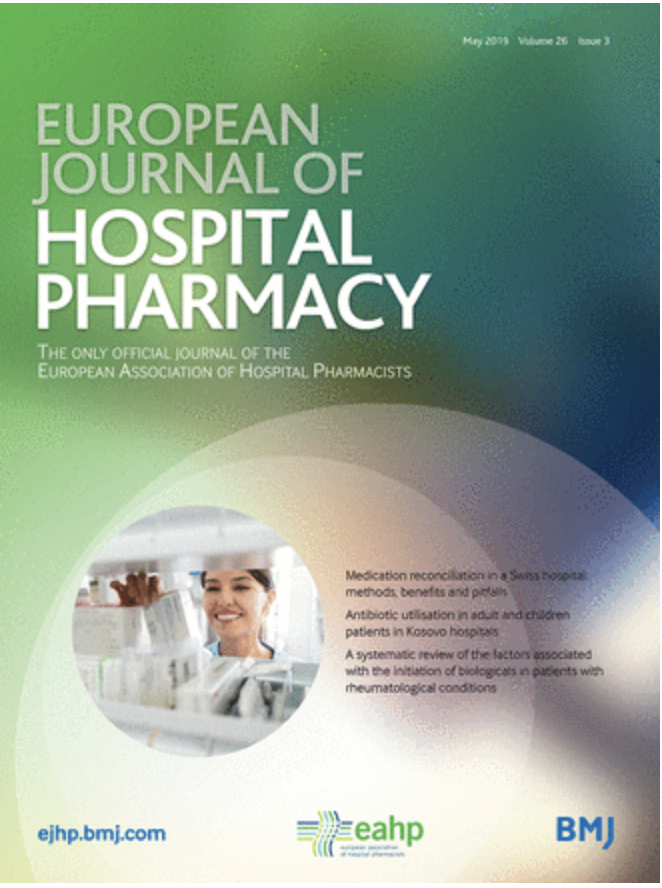
The online first edition of the European Journal of Hospital Pharmacy (EJHP) recently published an original article on a review of studies examining microbial contamination of vials used for preparations done with closed-system drug transfer devices. It was concluded that vials punctured in ISO5 conditions with a closed-system drug transfer device presented a low frequency of microbial contamination. None of the reviewed studies showed a significant difference between vials punctured with a closed-system drug transfer device or with a conventional method.
Read the article HERE
Interested in EAHP’s SILCC programme?
Throughout the Statement Implementation Month, EAHP has shared reports from its first fellows participating in the Statement Implementation Learning Collaborative Centres (SILCC) programme. These fellows visited hospitals in Germany, Spain and the United Kingdom in order to learn about procedures linked to the European Statements of Hospital Pharmacy. In case you are thinking about following their example, have a look at the Statement website to learn more about the programme and the application procedure.
————————————————————————————————

Consultations
Public consultation on EMA Regulatory Science to 2025
The purpose of this public consultation is to seek views from EMA’s stakeholders, partners and the general public on EMA’s proposed strategy on Regulatory Science to 2025 and whether it meets stakeholders’ needs. By highlighting where stakeholders see the need as greatest, participants have the opportunity to jointly shape a vision for regulatory science that will in turn feed into the wider EU network strategy in the period 2020-25.
Deadline – 30th June 2019
Access consultation HERE
EMA – Guideline on the evaluation of medicinal products indicated for treatment of bacterial infections
The EMA has launched a consultation on the revision of its guideline on the evaluation of human medicines indicated for the treatment of bacterial infections. Antimicrobial resistance is a global public health problem. Regulators in the European Union, the United States and Japan have had extensive discussions over the last few years to explore and agree how to align as much as possible their respective data requirements so that medicine developers can design clinical trials that meet the evidence needs of multiple regulatory agencies. The revised guidance reflects the outcome of these discussions.
Deadline – 31st July 2019
Access consultation HERE
EMA – Public consultation on key principles for the electronic product information of EU medicines
The European Medicines Agency (EMA), together with the European Commission (EC), has launched a public consultation on draft key principles which will form the basis on which the electronic product information (ePI) for human medicines will be developed and used throughout the European Union. The rationale behind the ePI is that digital platforms open additional possibilities to disseminate the PI electronically. This can address some of the current limitations and better meet patients’ and healthcare professionals’ needs for accessible, up-to-date information on medicines. The draft key principles are the result of extensive discussions and consultations carried out by EMA, the Heads of Medicines Agencies (HMA) and the EC throughout 2018, with representatives of all stakeholder groups.
Deadline – 31st July 2019
Access consultation HERE
